How Much Are Speakers?
When it comes to purchasing speakers, the price can vary significantly based on several factors such as brand, type, features, and quality. Understanding these factors can help you make an informed decision that aligns with your budget and needs. In this article, we will delve into the different types of speakers available, the features that can affect their price, and provide some guidance on how to choose the right speakers for your specific requirements.
Types of Speakers
1. Bookshelf Speakers
- Price Range: $50 - $1,000+
- Description: These are compact speakers designed to fit on a shelf or stand. They are ideal for small to medium-sized rooms and can deliver high-quality sound without taking up much space.
2. Floor-standing Speakers
- Price Range: $200 - $5,000+
- Description: Also known as tower speakers, these are larger and can deliver more powerful sound. They are suitable for larger rooms and home theater setups.
3. Soundbars
- Price Range: $100 - $1,500+
- Description: Soundbars are long, slim speakers that can be mounted on a wall or placed in front of a TV. They are a popular choice for enhancing TV audio without the need for a complex setup.
4. Portable Bluetooth Speakers
- Price Range: $20 - $500+
- Description: These are small, battery-powered speakers that connect to devices via Bluetooth. They are perfect for on-the-go listening and outdoor activities.
5. Smart Speakers
- Price Range: $50 - $400+
- Description: Smart speakers come with built-in virtual assistants like Amazon Alexa or Google Assistant. They can perform various tasks such as playing music, controlling smart home devices, and answering questions.
6. In-wall/In-ceiling Speakers
- Price Range: $100 - $1,000+ per speaker
- Description: These speakers are installed directly into the walls or ceiling, providing a clean, unobtrusive look. They are often used in whole-home audio systems.
Factors Affecting Speaker Prices
1. Brand
- Well-known brands like Bose, Sonos, and JBL often come with a premium price tag due to their reputation for quality and reliability. Lesser-known brands may offer more affordable options but may not always match the quality of established brands.
2. Audio Quality
- Higher-end speakers typically offer better sound quality, including clearer highs, deeper bass, and more accurate midrange. Features like high-fidelity audio, surround sound, and advanced acoustic engineering can drive up the price.
3. Build Quality
- The materials used in the construction of the speaker can significantly affect the price. For example, speakers with wooden cabinets tend to be more expensive than those made from plastic.
4. Features
- Additional features such as wireless connectivity, voice control, multi-room audio, and built-in amplifiers can increase the cost of speakers. Some models also come with advanced technologies like noise cancellation and adaptive sound.
5. Size and Power
- Larger speakers with more powerful drivers generally cost more. The power output, measured in watts, can also influence the price. Higher wattage usually means louder and clearer sound, especially at higher volumes.
6. Design
- Aesthetic design can also play a role in the price. Sleek, modern designs or custom finishes can add to the cost, especially if the speaker is intended to be a focal point in a room.
How to Choose the Right Speakers
1. Determine Your Budget
- Before you start shopping, decide how much you are willing to spend. This will help narrow down your options and prevent you from overspending.
2. Identify Your Needs
- Consider what you will primarily use the speakers for. Are you looking for a home theater setup, a portable speaker for outdoor use, or a smart speaker for your kitchen? Your specific needs will guide your choice.
3. Evaluate the Space
- The size of the room where you will use the speakers can influence your decision. Larger rooms may require more powerful speakers or multiple units to fill the space with sound.
4. Check Compatibility
- Ensure that the speakers you choose are compatible with your existing devices. For example, if you want to stream music from your smartphone, make sure the speakers support Bluetooth or Wi-Fi connectivity.
5. Read Reviews
- Look for reviews from other users and experts to get an idea of the performance and reliability of the speakers you are considering. This can help you avoid models with common issues or poor sound quality.
6. Test Before You Buy
- If possible, listen to the speakers in person before making a purchase. This will give you a better sense of their sound quality and whether they meet your expectations.
The price of speakers can vary widely based on several factors, including type, brand, audio quality, and features. By understanding these factors and considering your specific needs, you can find the right speakers that offer the best value for your money. Whether you are looking for a high-end home theater system or a budget-friendly portable speaker, there are options available to suit every budget and requirement. Take the time to research and test different models to ensure you make an informed decision that enhances your listening experience.

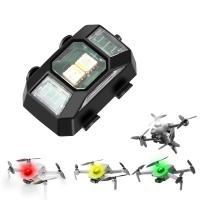
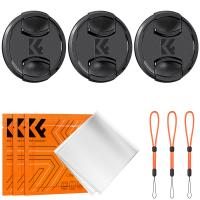
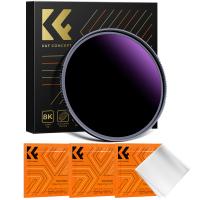

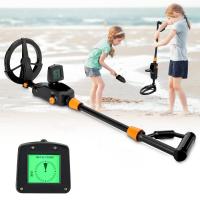
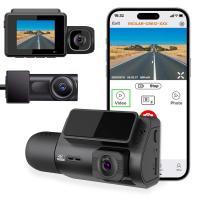
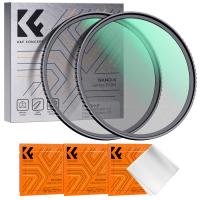
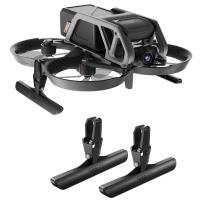

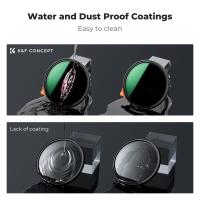


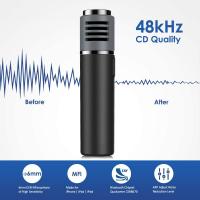


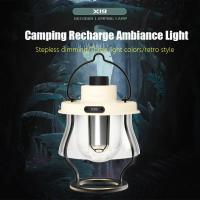
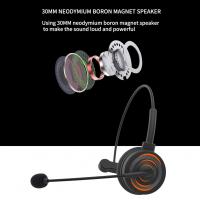
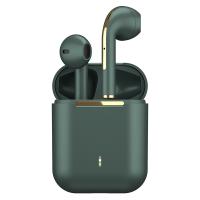
There are no comments for this blog.